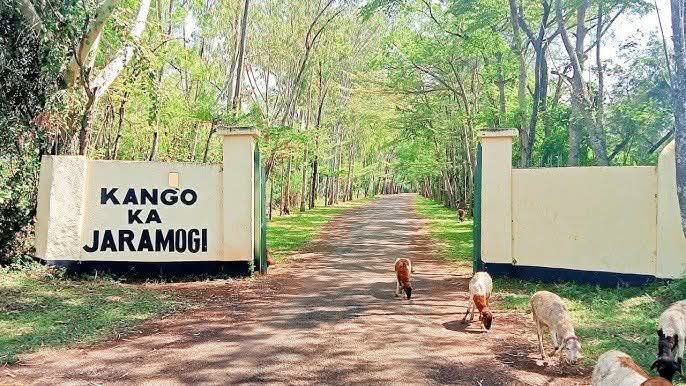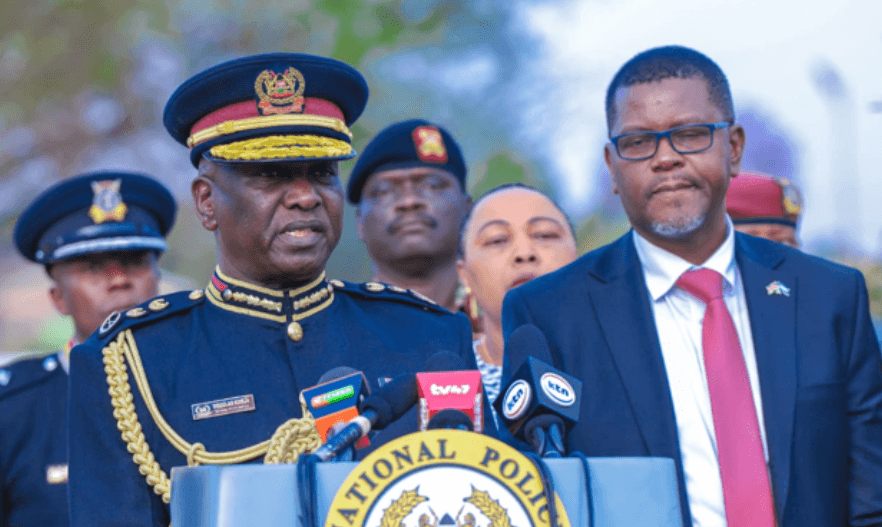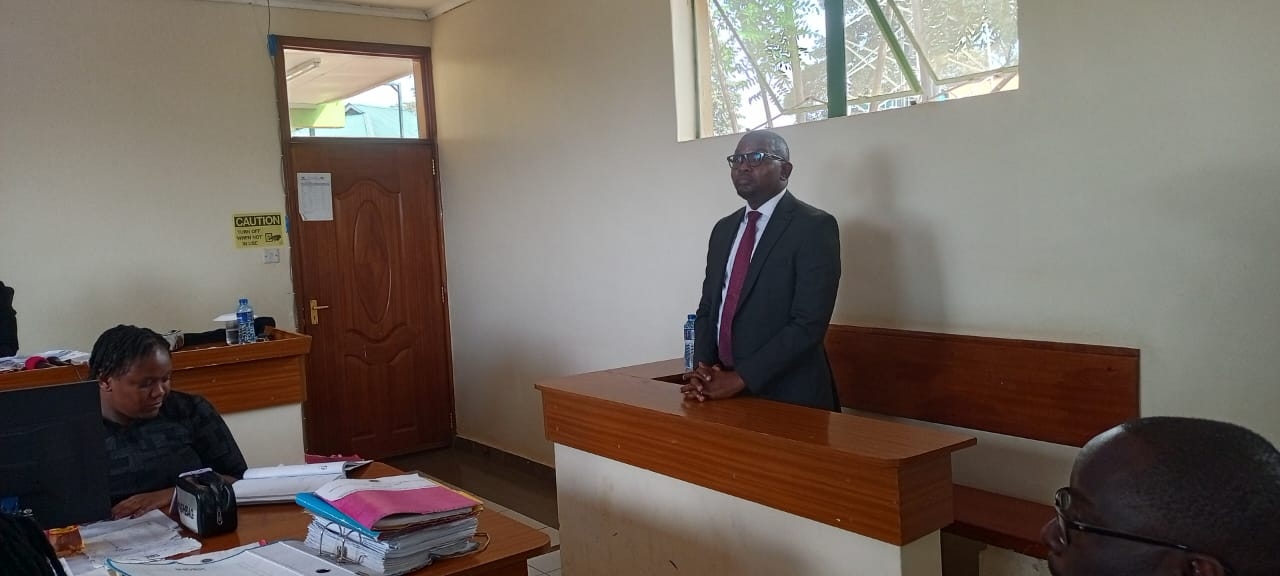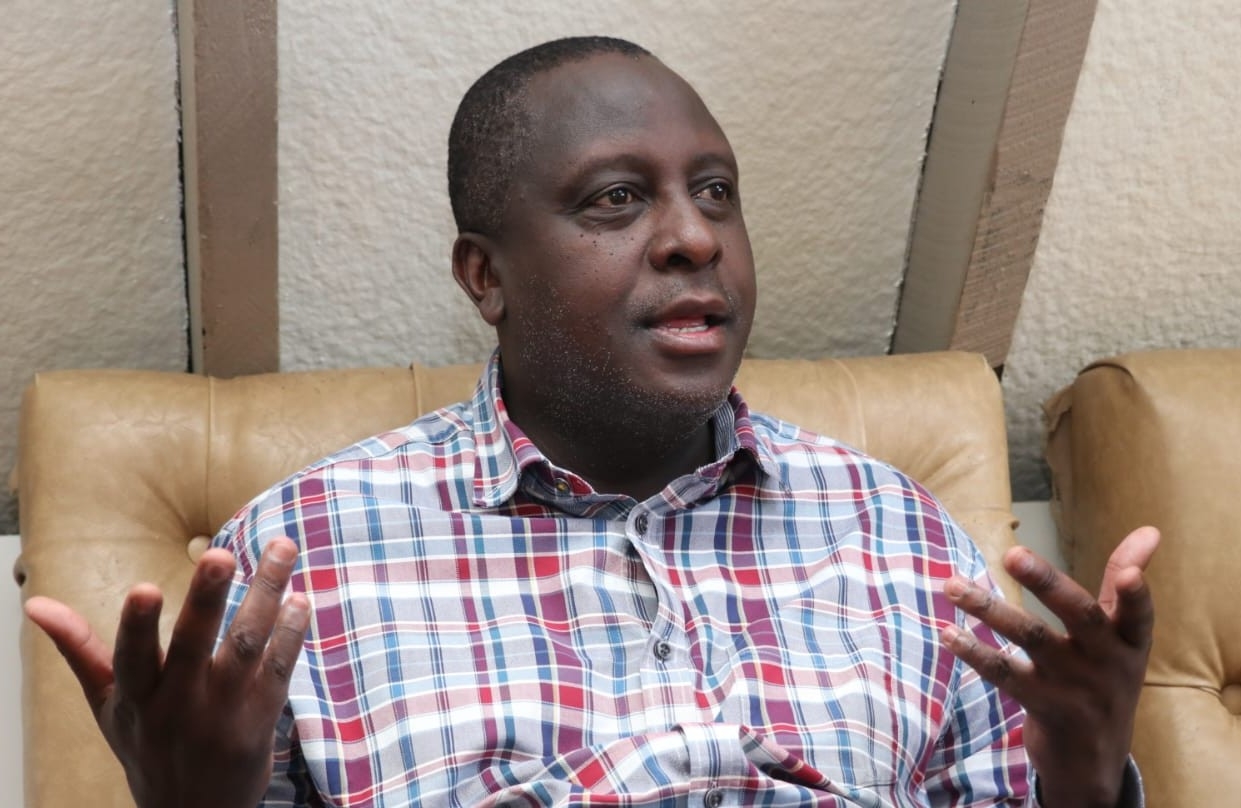The Network of African National Human Rights Institutions (NANHRI) in partnership with the Kenya National Commission on Human Rights (KNCHR) and the Raoul Wallenberg Institute of Humanitarian and Human Rights Law have urged human rights organisations in the continent to adopt the Paris Principles to aid them in delivering their mandate to society.
NANHRI Executive Director Gilbert Sebihogo said regional bodies in human rights interpret their mandates differently thus the advice to adopt the Paris Principles.
"Gaps are there in legislation that is why we at times provide advice not only for national institutions but also governments to make sure that these laws or enabling legislation are compliant with the Paris Principals," he said.
Sebihogo spoke on Wednesday in Nairobi during the End of Project Evaluation Workshop on Trainings on Litigation Before African Human Rights treaty bodies.
The workshop took place from November 27 to 29 and 10 countries including Cameroon, Malawi, South Africa and Tanzania were represented.
Sebihogo said they have carried out various activities around litigation to build capacity for the protection of human rights in the country.
"We had noticed there are gaps in the laws governing human rights. As you know there are no perfect institutions and some have mandates to train these regional bodies in terms of litigation," he said.
Kenya National Commission on Human Rights Deputy Director and Head of Research Petronilla Mukaindo said they usually look into Kenyan law on human rights to ensure they meet the set standards.
Mukaindo said when it comes to Kenyan law on Human Rights, there is a gap when it comes to enforced disappearances of civilians.
"Our law does not have an offence called enforced disappearance. There is none. We have been urging lawmakers, even during Parliamentary committees, to relook the penal code and include enforced disappearance in the law," she said.
Mukaindo said enforced disappearance is not well defined in the law making it hard to convict someone of a crime that is not in the penal code.
"Kenya also hasn't ratified the UN Convention on enforced disappearance even though we signed it 10 years ago," she said.
Mukaindo said KNCHR has been advocating for the ratification of the UN Convention on Human Rights.
Tanzania Commission for Human Rights and Good Governance Commissioner Thomas Masanja said human rights are being addressed everywhere in the continent.
Masanja said it is key for Human Rights organisations in the continent to work together to achieve their mandate.
NANHRI is an African regional organisation that acts as an umbrella body for 46 National Human Rights Institutions (NHRIs).
NHRIs are established by the constitution or other legal framework of a country to promote and protect human rights within their jurisdiction.
They do this by investigating complaints, carrying out research, advocacy, and educational programs that comply with the Paris Principles.
NANHRI's mission is to support, strengthen, and build the capacity of NHRIs in Africa.
It also aims to promote organisation and collaboration among NHRIs, as well as between other key human rights actors at regional and international levels.













